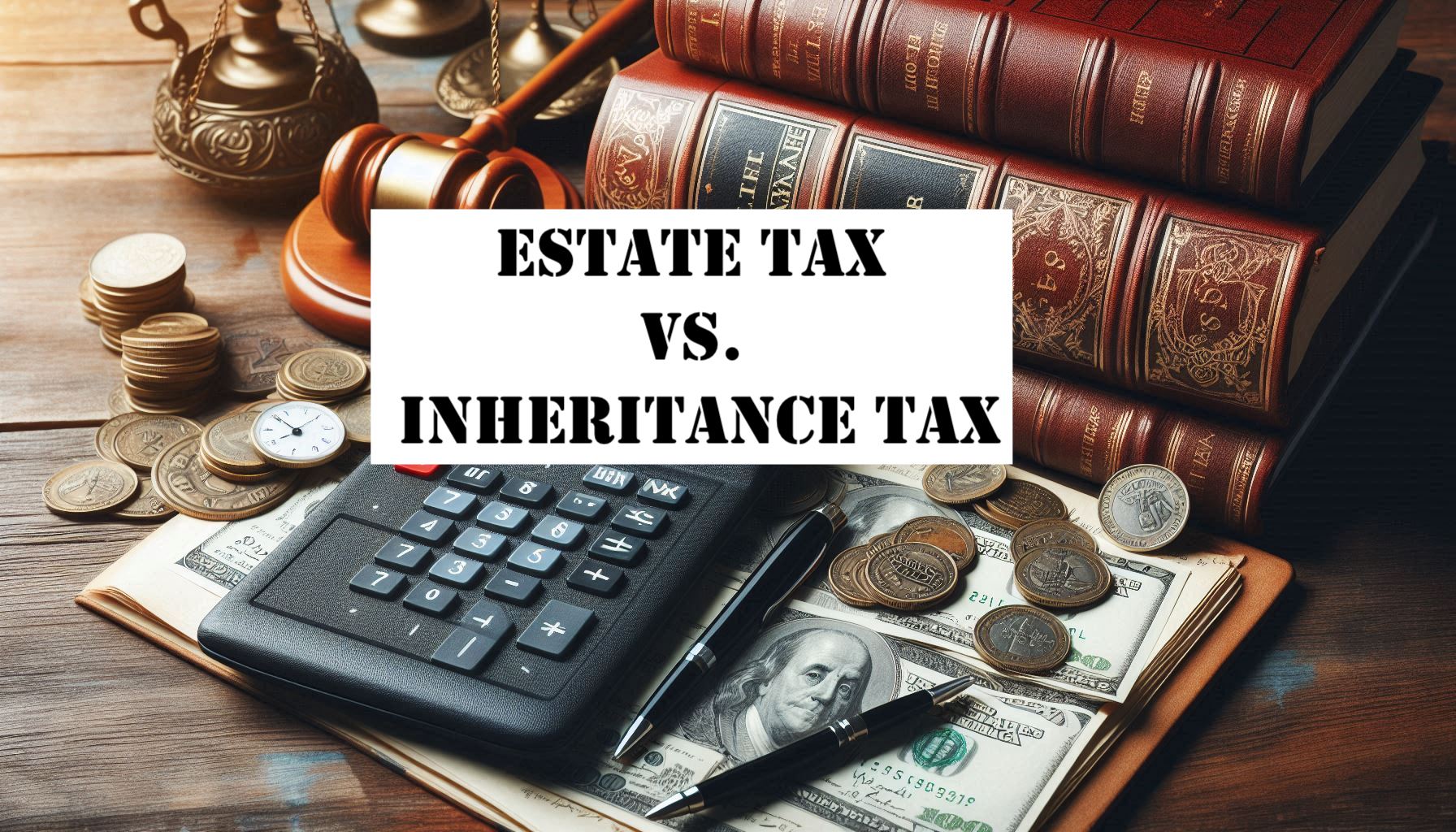
Estate Tax and Inheritance Tax are often confused, but they have distinct differences. The Estate Tax is a tax on the total value of a deceased person’s estate before it is distributed to the heirs. This tax is paid by the estate itself. The Inheritance Tax, on the other hand, is levied on the beneficiaries who inherit assets from the deceased, and the tax amount varies depending on the relationship between the deceased and the heir, as well as the value of the inheritance.
Examples of Estate Value vs. Inheritance Value
Estate Value includes the total value of all assets owned by the deceased at the time of their death. This can consist of:
- Real Estate: The market value of the deceased’s home and any other property.
- Investments: The value of stocks, bonds, retirement accounts, and other investments.
- Personal Property: The value of valuable items such as jewelry, vehicles, art, and other personal effects.
- Cash and Bank Accounts: The total amount in checking and savings accounts.
Example: If a deceased individual owns a home valued at $500,000, has investments worth $1,000,000, personal property valued at $200,000, and $100,000 in cash, the total estate value would be $1,800,000.
Inheritance Value refers to the portion of the estate that each beneficiary receives. This value can be subject to inheritance tax depending on the state and the relationship between the deceased and the beneficiary.
Example: If the total estate of $1,800,000 is divided among three children, each child would inherit $600,000. If the state imposes an inheritance tax at a rate of 10%, each child would be required to pay $60,000 in inheritance tax on their share.
Federal and State-Level Application
At the federal level, only the Estate Tax exists, with no federal inheritance tax. The federal estate tax applies to estates exceeding a certain threshold, which as of 2024, is $12.92 million for individuals and $25.84 million for married couples filing jointly.
At the state level, however, both estate and inheritance taxes may apply, depending on the jurisdiction:
- Estate Tax: Several states impose their own estate taxes, often with lower thresholds than the federal government. These states include Connecticut, Hawaii, Illinois, Maine, Maryland, Massachusetts, Minnesota, New York, Oregon, Rhode Island, Vermont, and Washington.
- Inheritance Tax: Six states impose an inheritance tax: Iowa, Kentucky, Maryland, Nebraska, New Jersey, and Pennsylvania. Notably, Maryland is the only state that imposes both an estate and an inheritance tax.
Preparing for Heirs: Steps for Retirees
Retirees should take several steps to ensure that their heirs are adequately prepared and to minimize potential tax burdens:
- Understand the Applicable Taxes: Retirees should be aware of both federal and state estate and inheritance tax laws, as these can significantly impact the distribution of their assets.
- Consider Estate Planning Strategies: Utilize strategies such as gifting during life, setting up trusts, and taking advantage of the annual gift tax exclusion to reduce the taxable estate. Charitable donations can also lower the estate’s value.
- Update Wills and Trusts: Ensure that all estate planning documents, such as wills and trusts, are up to date and reflect the current laws and the retiree’s wishes.
- Communicate with Heirs: It’s crucial to have open conversations with heirs about the estate plan to avoid surprises and ensure that they understand the potential tax implications.
- Consult with a Financial Advisor or Estate Attorney: Professional advice is essential in navigating complex tax laws and in making the best decisions for asset distribution.
Estate and inheritance taxes can have a significant impact on the transfer of wealth from one generation to the next. By understanding the differences between these taxes and taking proactive steps in estate planning, retirees can help ensure a smooth and tax-efficient transfer of their assets to their heirs.
-Nguyễn Bách Khoa-
References
- IRS. “Estate Tax.” IRS.gov.
- Tax Foundation. “State Inheritance and Estate Taxes: Rates, Economic Implications, and the Return of Interstate Competition.” Tax Foundation.
- Forbes. “Estate Tax vs. Inheritance Tax: What’s the Difference?”
- The Balance. “How Estate Taxes Work.”
- Kiplinger. “Which States Have an Inheritance Tax?”
